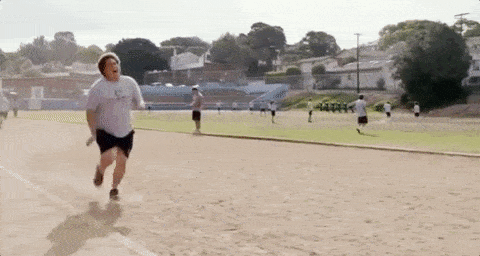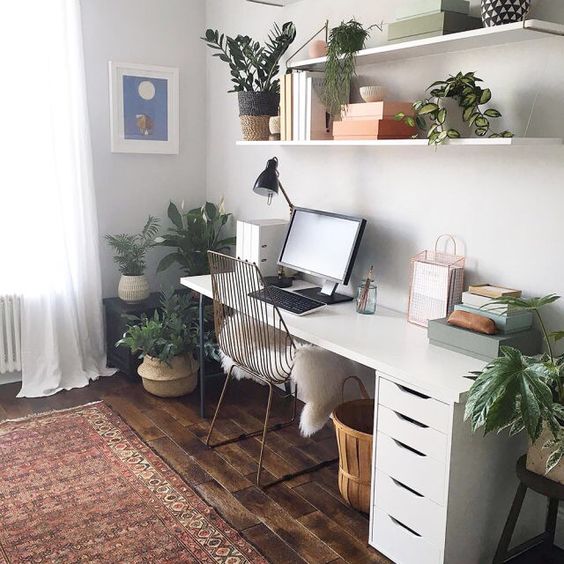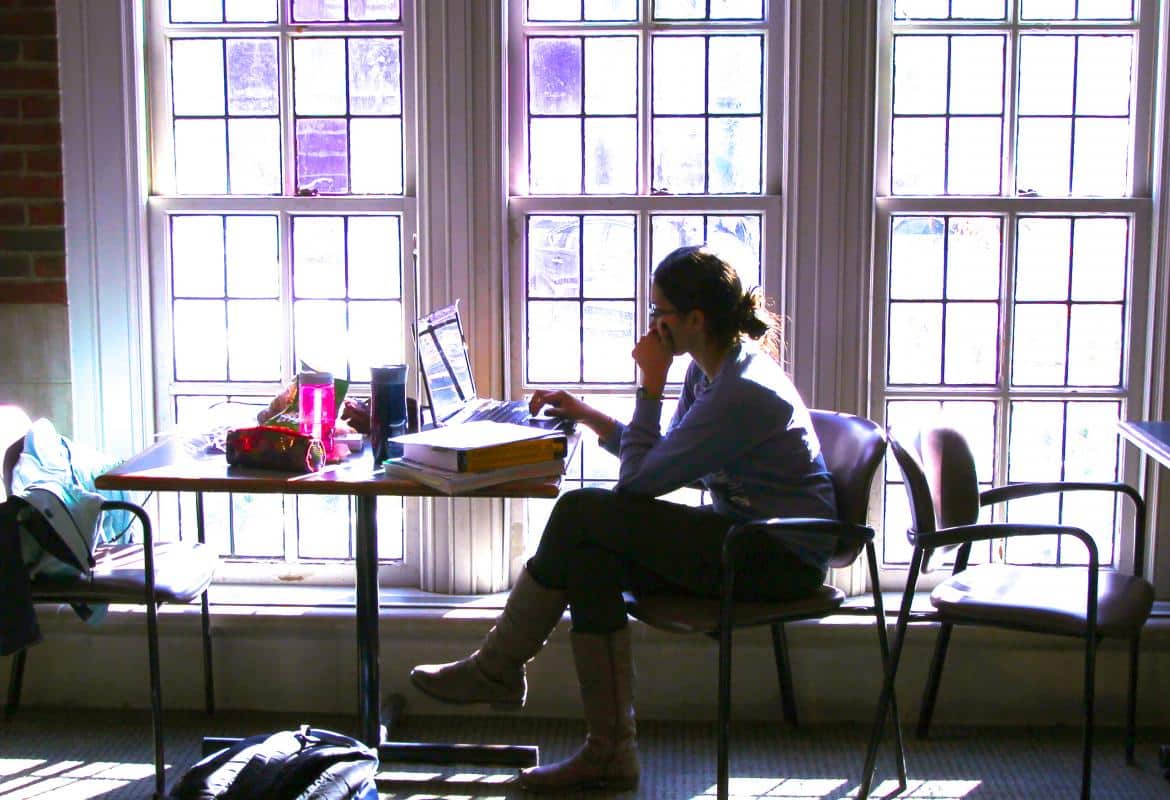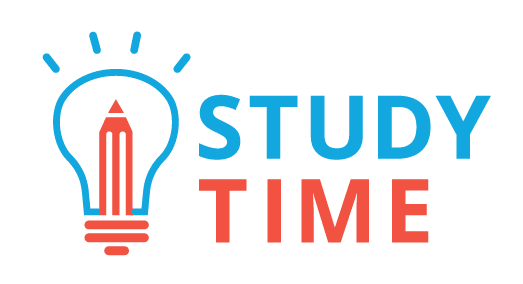Do you find yourself going to the library only to waste your day staring at a screen for hours and getting absolutely nothing done?
Are you struggling to find the point in any work you do now, and every effort you make feels more and more meaningless by the day?
Or, does your brain sometimes feel like straight mush, and any attempt at studying feels more exhausting than a marathon?

If you answered yes to any or all of these questions, read on. You’ve hit a study wall.
Like any wall, a study wall is your brain’s response to excessive endurance or burnout. When you hit a wall, it’s easy to tell yourself you simply can’t do any more study. Aaaaand anyway… Stranger Things isn’t going to finish itself.
But giving up now is just a waste of all the work you’ve put in up until this point. The good news is: there’s a way to still keep up with your current Netflix-binge and get back on track with your study. Below, we’ve laid them out for you to refer to when you’ve lost steam. You’re welcome.
Take a break.
Okay, this one kind of depends on how late you’ve left your study.
If your exam’s tomorrow, your break might just consist of an hour or so. But if you’ve been at the library every day for the last few weeks, it’s no wonder you’ve hit a wall. Your brain needs a break. It’s been working in overdrive.
Hitting a wall is our brain’s way of telling us that it can no longer work at the capacity as it has been (assuming you’ve been working hard).

Giving yourself time off is crucial to getting back to studying at full capacity. Have a bath, go to the movies, light a candle, eat a burger. Going guilt-free for a day and doing whatever you need to do to recharge yourself mentally is the perfect recipe for a killer study sesh tomorrow. You deserve it.
When you notice “Study Wall” symptoms, take some time off, and even if it feels wasteful in the short-term, know that it’s going to help you out in the long run.
Go out and do something fun, and relieve yourself of the mental labour of exams for the day.
When you come back to study, you’ll find yourself motivated, refreshed, and ready to keep going.
Remember your intentions.
Studying, for most of us, isn’t how we’d best like to be using our time (if we had a choice).
It’s the same as going to the gym – even the best athletes in the world probably don’t love the process of getting fit. The difference is that athletes know that training is a gruelling but necessary step towards a more meaningful goal.
They don’t just give up because it’s unpleasant – they endure regardless, because they know if they don’t, they’ll regret it later.
When we lose focus of the “bigger picture”, it’s really hard to see why learning about photosynthesis matters at all. In order to get your motivation back – you need to work out what makes you tick.
Start by getting a sense of where your motivation comes from. When do you feel your most motivated, and when do you feel your least motivated? What excites you the most? What were you doing in those times, what goals were you thinking about? What was your attitude like? When was the last time you felt excited about studying or school?
Try to answer these honestly, and write them down somewhere in the form of a positive affirmation.
You might write: “I am studying for my media exam today, so that I can increase my chances of getting into a filmmaking academy next year”
Or
“I am studying today so that I have no regrets about my efforts later on, when results come out.”
By knowing what affects your motivation, you can make a plan that is customised to energise you when motivation is low.
Though hours of unpleasant and repetitive study now might seem like a drag, having a bigger sense of purpose and value will push you through.
Reward yourself.
Reward feeds motivation and enjoyment.
It helps to create a positive mental association with the act of studying, meaning you’re more likely to want to do it in the future.
Being kind to yourself in times of challenges and stress is crucial to long-term success. Studying is hard. Congratulate yourself for every small victory, and you’re more likely to repeat the behaviour.

Work out what makes you happy – and turn that into something quantifiable that you can give yourself after one study session.
Whether it’s watching another video of Jordan explaining the periodic table to you, or simply treating yourself to your favourite Feijoa lollie bag from the local dairy, make sure that you give yourself a reward after every study session you complete.
It doesn’t matter how well you think the session went, or how much you got done. Rewarding yourself in healthy, non-damaging ways will increase your enjoyment of the activity of studying, and encourage further progress.
When you’ve been consistently overachieving or working extra hard – grant yourself a bigger reward, and make sure to mentally connect that activity to all of the progress you’ve made.
Some examples of fulfilling rewards might include:
– allowing yourself to eat your favourite treat (no guilt)
– playing your favourite online game
– watching an episode of your favourite show
– spending time with your family or friends
– watching a movie at home or at the theater
– playing a game of your favourite sport
– going out for a meal
– doing a face-mask or having a bath
Declutter.
Clutter can shred your focus, and your motivation. It divides your attention, messes with your mind, overwhelms your space, and makes your studying a lot less pleasant.
According to research, “In cluttered spaces, our brains are like computer processors that are continually cycling and searching but never capturing the specific information it needs. Environmental chaos depletes our mental processing abilities and resources causing stress and frustration.”

This can lead to feelings of distance, fatigue and chaos – meaning in a dramatic decrease in our motivation.
In order to declutter, clear your studying space of anything you don’t need in that moment. It doesn’t matter where it goes – so long as it’s out of sight and mind.
Make the extra effort to make your studying space extra pleasant. Light a candle, play some classical music, get yourself a cushion, whatever it takes.
The cleaner, calmer, and tidier your study space, the more likely you are to want to sit down and get started.
Mix things up.
When we’re in exam mode, sometimes we adopt a sort of sacrificial perspective towards studying, as though if it’s not excruciatingly difficult, or painfully boring, we’re simply not working hard enough.
Firstly, this is a myth. Sure, studying is sometimes unpleasant, but it shouldn’t be detrimental to your mental health. It’s unpleasant in the way that drinking a spinach smoothie is unpleasant: gross but ultimately good for you.
Secondly – repetition feeds boredom – so variety is your best defence against plateauing.

Mixing things up doesn’t have to be wild.
It can involve switching your usual study location for somewhere a bit more exciting, varying the amount of time you spend on a subject, making flashcards, using creative mnemonics to learn content, reading aloud to a friend, engaging in group study, or watching videos/listening to podcasts on the subject.
Experiment, and find out what best works for you. Once you find a study method you enjoy, you can use that enjoyment or satisfaction as your motivation.
Pick one thing.
If all else fails, and you’re still feeling unmotivated, there is one final solution that could solve your motivation problem – or at least, help to relieve some of its consequences.
Sometimes, the hardest hurdle is simply beginning. When we are facing a challenge of overwhelming scale, we tend to resist it at all costs, because it evokes stress and discomfort.
You might be thinking: “there’s no way that I can possibly cover all this content with the little time that I have,” and so then, naturally reach the conclusion that you may as well do nothing at all.
But action is the antidote to this mental discomfort – and even the smallest of actions can trigger a domino-effect of more productivity. In other words, if you can’t do it all: Do what you can, with what you have, where you are.
Our best suggestion to simply getting started is to PICK ONE THING that feels heavy on your mind, and deal with it.
Make this your only goal for the moment. Maybe it’s memorising a tricky equation, or maybe it’s completing one past exam to simply assess how prepared you are.
Once you move towards the completion of one task or goal, the momentum from that action will carry you towards completing other tasks. If you follow the steps we’ve outlined above, you’ll realise that studying isn’t so bad – in fact, it’s a worthy cause for wider goals of yours.
Never underestimate the power of small wins. Small steps make long distances – so chill out, start small, and enjoy the journey.

0 Comments